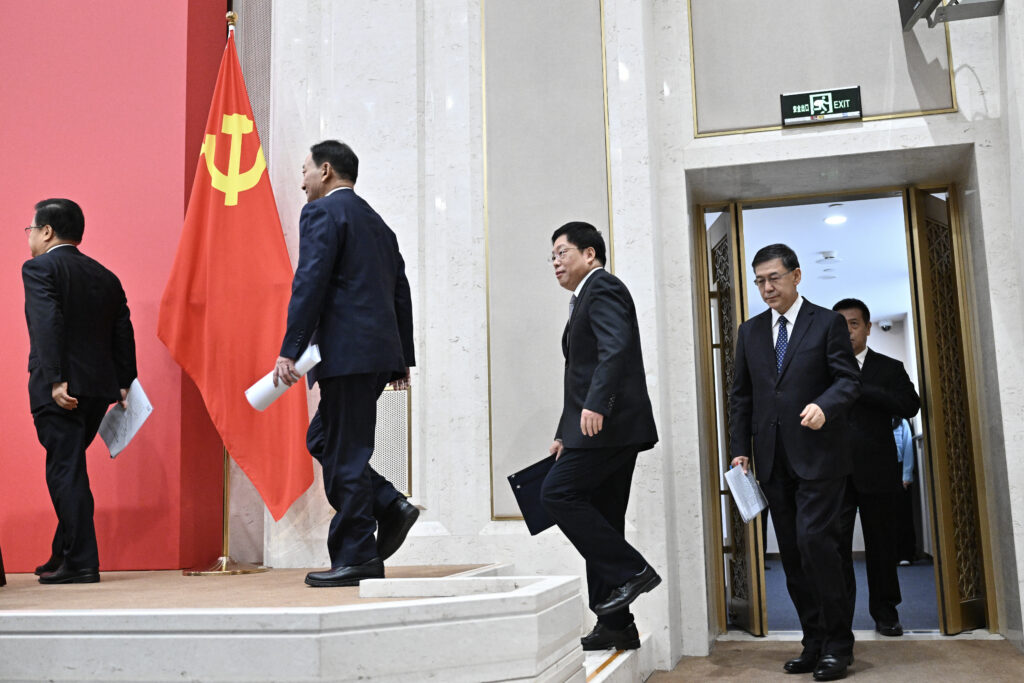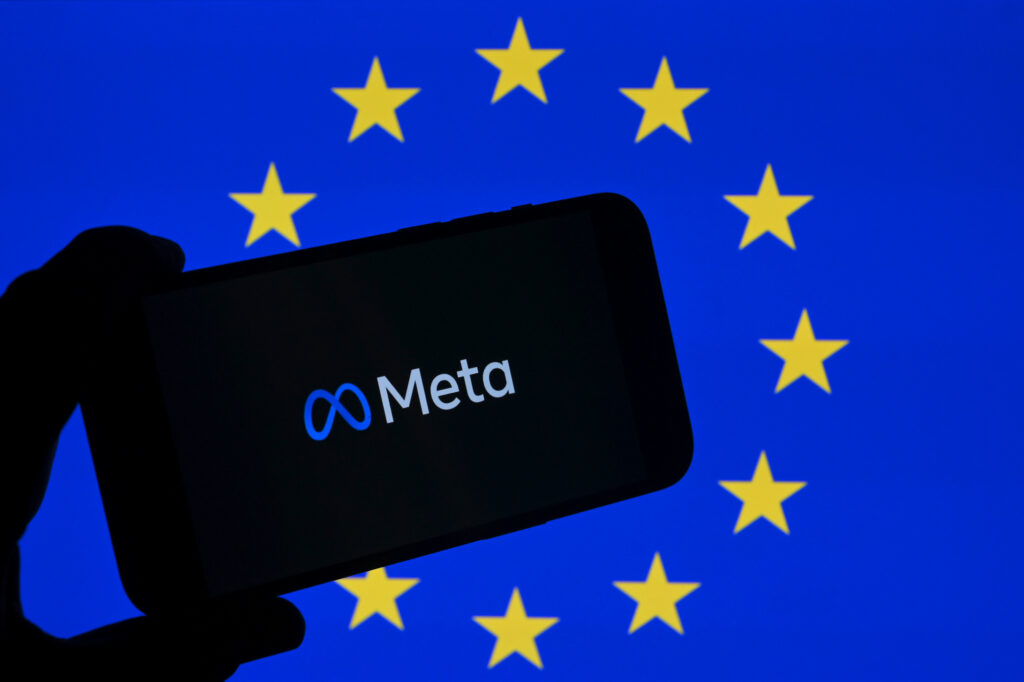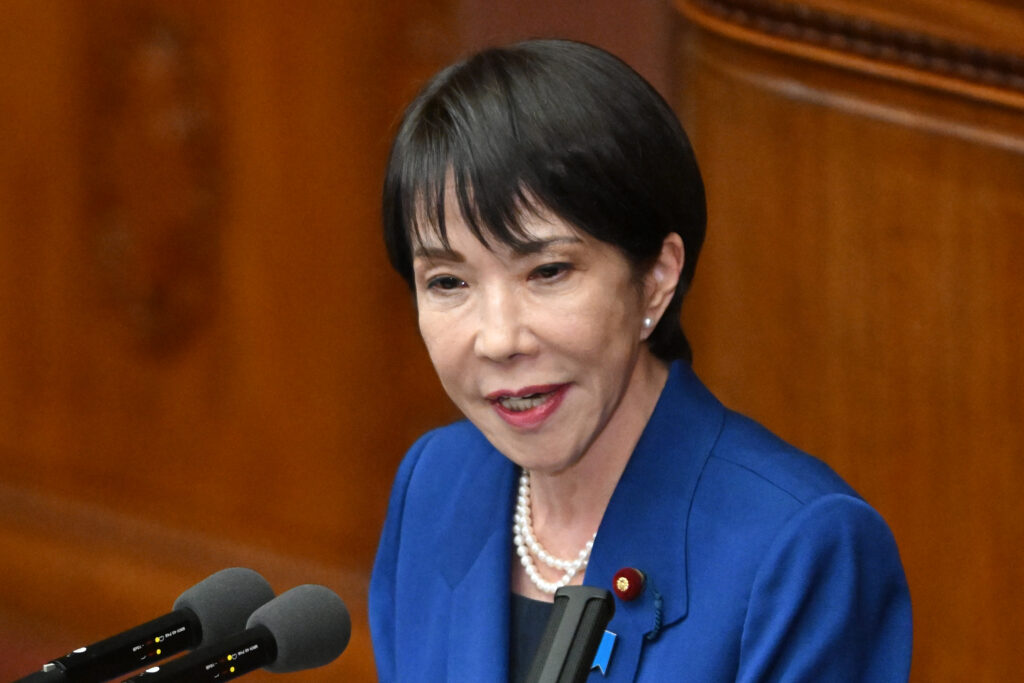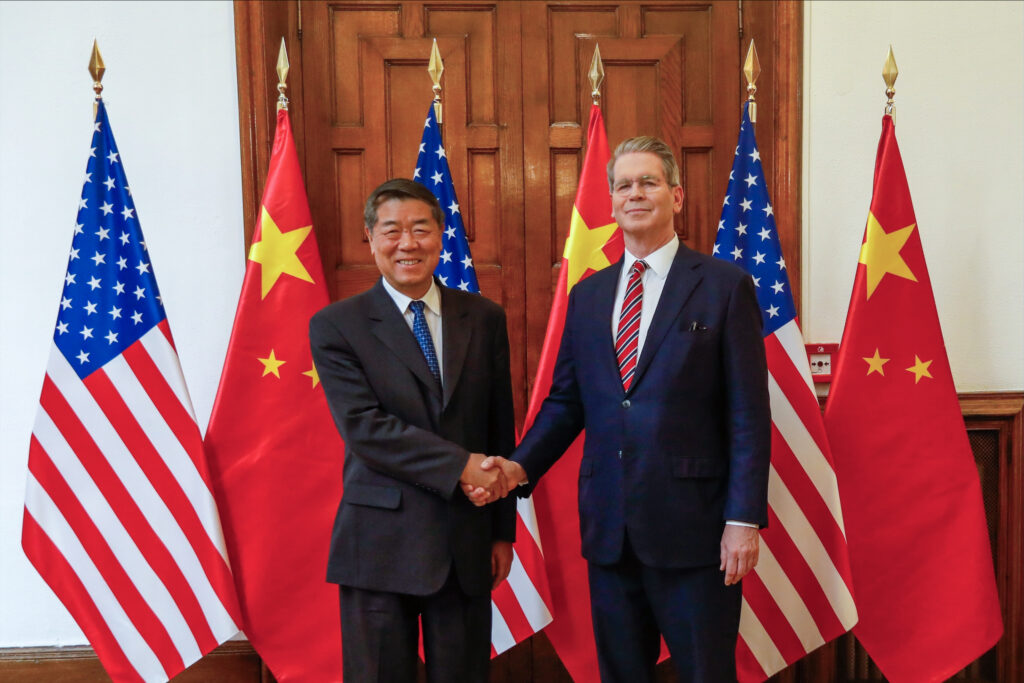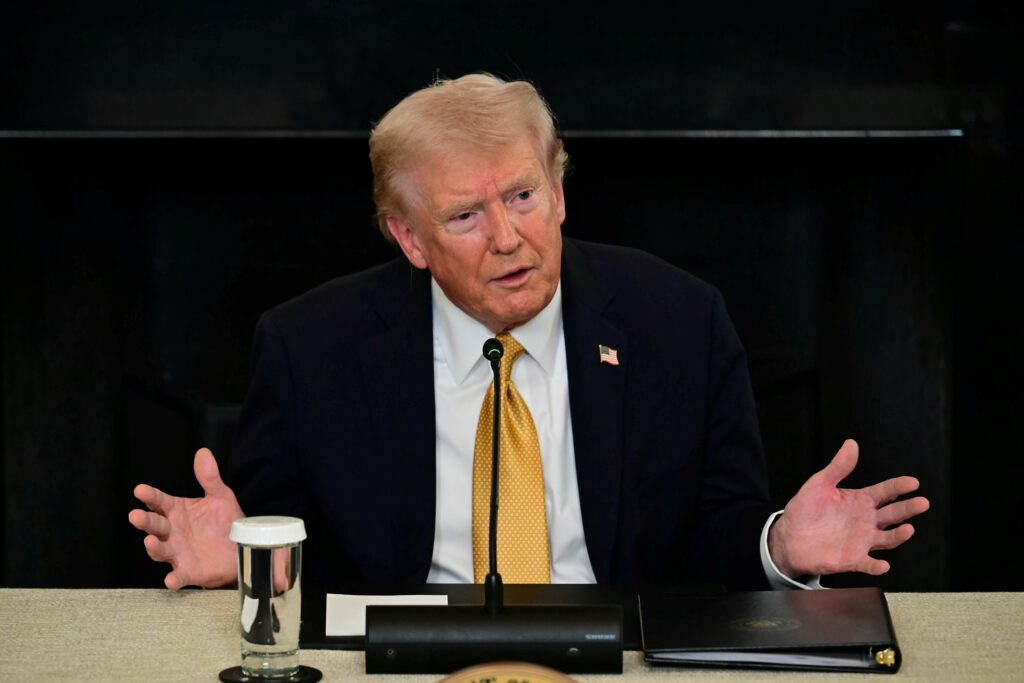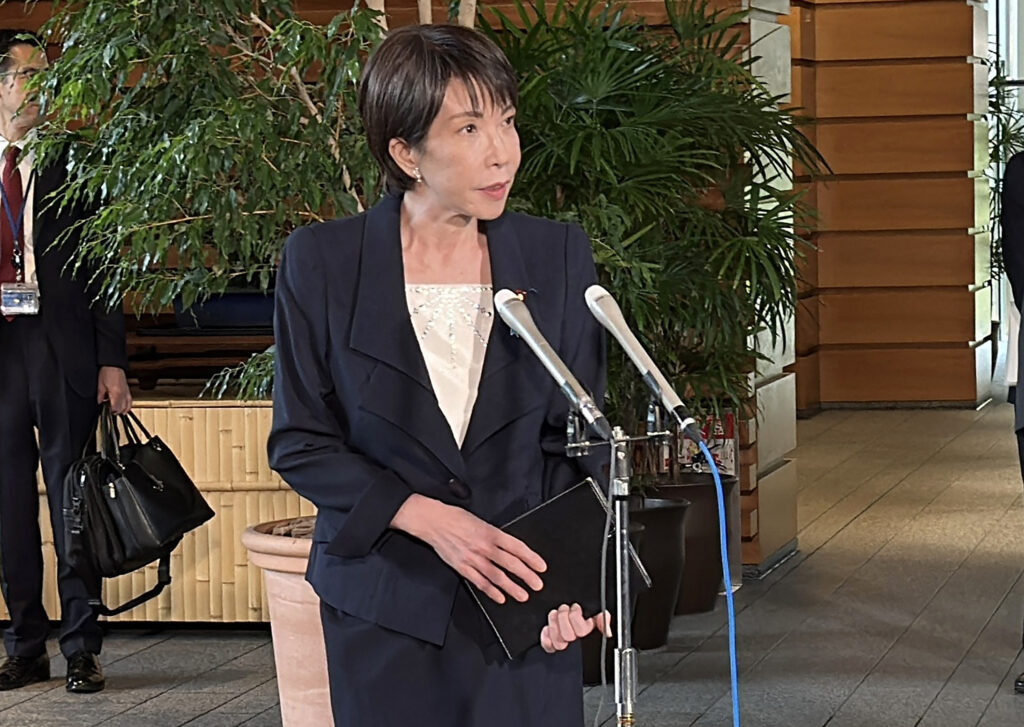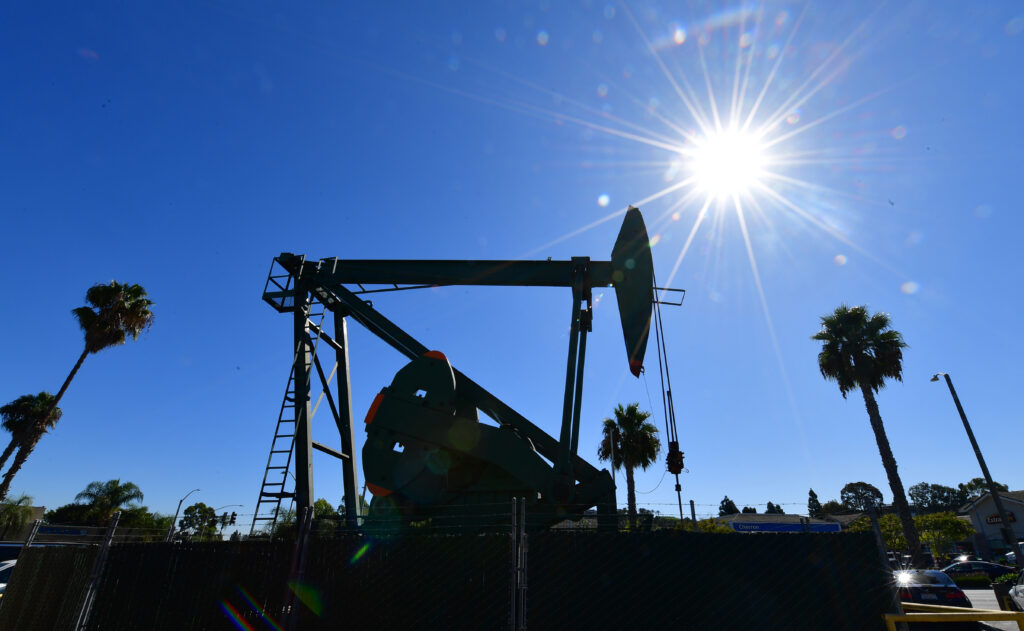China vows massive high-tech sector development in next decade
China will develop its high-tech sector on a massive scale in the next decade, top officials vowed Friday, a day after meetings on the country’s future policy priorities concluded in Beijing.The four days of closed-door discussions began on Monday and involved high-ranking officials outlining long-term strategies for the 15th Five-Year Plan, which starts next year. The country has poured support and investment into developing its science and technology sectors, part of ongoing efforts to present itself as a world leader in those areas ahead of Washington. On Friday, officials in Beijing promised that industries such as “quantum technology… hydrogen and nuclear fusion energy, (and) brain-computer interfaces… are poised to gain momentum”.”The new scale added in the next 10 years is expected to reshape China’s high-tech sector,” development official Zheng Shanjie told reporters at a news conference.People on the streets of Beijing told AFP on Friday they were optimistic about China’s progress.”During the first industrial revolution, China lagged behind,” 38-year-old Lemon Guo said.”But this time, with high-tech fields like artificial intelligence, it’s different,” he said, adding he hopes “China becomes a leader in this sector”.Others expressed hopes that the new plan would confront the considerable challenges faced by the world’s second largest economy. Domestically, China has been beset by sluggish spending, a protracted property sector crisis and a demographic crunch as its population starts to decline. Officials said Friday they would promote policies to help with the cost of child-bearing and elderly care. “(On) public policy, we obviously hope that it will be favourable for employment, or… boost the stock market,” 26-year-old Zhang Meng told AFP.Zhang said he cared about being able to buy a decent apartment “at a more affordable price”, paying fewer taxes, and getting a salary raise. In contrast with five years ago, the current economic situation was discussed during this week’s gathering, Nomura analysts said in a note. “We believe… Beijing will step up its supportive measures to stabilise growth” in the fourth quarter, they added.- Trade row -Externally, China is ensnared in a turbulent trade row with Washington and others. Beijing’s large trade surpluses have drawn sharp criticism from some trading partners, who say markets have been flooded with cheap goods, hurting local firms.China’s commerce minister said Friday that it had to balance the development of its imports and exports.”Efforts must be made to expand imports… to meet the needs of industrial transformation and upgrading as well as the needs of people’s better lives,” Wang Wentao told reporters at the same news conference.A worsening trade war weakens officials’ ability to pin strong growth this year on exports, which hit a record high in 2024.The world’s two biggest economies are seemingly seeking to avoid further escalating tensions, though. US President Donald Trump will meet his Chinese counterpart Xi Jinping in South Korea next Thursday, the White House said, and officials are meeting in Malaysia on Friday for trade talks. Leaders emphasised in a readout Thursday that China will share opportunities with countries around the world, a nuanced tweak from previous language, the National University of Singapore’s Bert Hofman told AFP.It “may be in response to the growing pushback against China’s external surpluses, which many developing countries fear would undermine their own development”, he added. – ‘Polish the brand’ -Wang also vowed China would “polish the brand of investing in China”. The government will “create new advantages in attracting foreign investment… (and) create a transparent, stable and predictable business environment”, he added.China will continue to “expand our circle of economic and trade friends”, Wang said.The new five-year plan is expected to place greater emphasis on deepening opening up, moving it higher up the list of priorities, UBS analysts said in a note.”This shift reflects the significantly evolving globalisation trend and international landscape amid ongoing US-China trade tensions,” UBS added.
